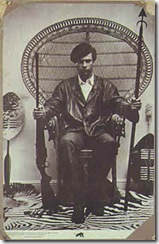
Tom Wolfe’s 1970 essay Radical Chic captured a peculiar phenomenon in American culture — the courting by wealthy New York socialites of political radicals and revolutionaries like the Black Panthers — people who, in turn, should have despised the socialites trying to cultivate them. You can read an excerpt here. Perhaps it was an example of opposites attracting, or perhaps it was merely an extreme exercise in mauvais fois.
I don’t mean to rain on anyone’s parade, however. I mean only to point out that when socialite courtesans like Paris Hilton date the likes of Jimmy Wales, founder of Wikipedia, we know that the trend continues, but instead of the Huey Newtons of the world, it is nerds who are now being pursued.
It has been a long time since Robert Carradine and Anthony Edwards (Louis and Gilbert) showed the world back in 1984 that nerds could sleep with cheerleaders. This was followed up by Val Kilmer’s more testosterone fueled portrayal of the nerd archetype in Real Genius. All the while, Bill Gates and Steve Jobs were busy demonstrating to the world and Wall Street the power of Geek culture, and now we find ourselves where we are today, with nerds making inroads into every area of society, and kids wanting to grow up and be like them. As Eryn Loeb wrote for Salon:
"The information age has been good to nerds. No longer are they relegated to getting sand kicked in their faces by that other familiar archetype, the jock. We’ve gotten used to watching Steve Jobs grin awkwardly as he announces the latest hot techie toy, and when it comes to pop culture, nerds like Superbad writer/star Seth Rogen are increasingly in control of their own image."
We’ve come a long way, baby. But perhaps not as far as we think.
The only way to truly measure the influence of a sub-culture is to compare it with another one. This month’s Ebony has a feature article on the 25 Coolest Brothers of All Time. When one peruses the list, one realizes how much the accomplishments of nerds fall short, and how fragile their claim to chic really is. The mere fact that Ebony can talk about the brothers is insta-cool. Many a nerd would give up his pocket protector to be called brother by an actual black man.
Billy Dee Williams is on the list. Like Barack Obama, who is also on the list, he has cross-cultural appeal and stands out as an icon of both Geek culture and Black culture, though for vastly different reasons. Ebony mentions Billy Dee’s swagger, his confidence and his effortless style. On the other hand, Wikipedia (in case you ever doubted its firm position as a cornerstone of Geek culture) begins its entry on Billy Dee with this:
"Billy Dee Williams (born April 6, 1937) is an African American actor and writer, best known for his role as Lando Calrissian in the Star Wars film series."
The entry for Harrison Ford, interestingly, begins like this:
"Harrison Ford (born July 13, 1942) is an Academy Award- and BAFTA-nominated, as well as Golden Globe-winning, American actor."
Ford’s association with the Star Wars franchise isn’t mentioned until the second sentence.
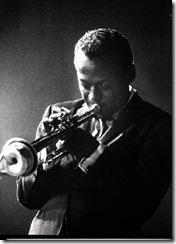
The full list of 25 Coolest Brothers follows, in no particular order. I find little to quibble about here except for the presence on the list of Obama, with whom I don’t naturally associate coolness — although, like many others, I admire his Dickensian life story.
Barack Obama
Don Cheadle
Billy Dee Williams
Sidney Poitier
Quincy Jones
Lenny Kravitz
Jimi Hendrix
Richard Roundtree
Denzel Washington
Sammy Davis, Jr.
Bob Marley
Ed Bradley
Tupac Shakur
Adam Clayton Powell, Jr.
Gordon Parks
Muhammad Ali
Miles Davis
Walt Frazier
Shawn ‘Jay-Z’ Carter
Samuel L. Jackson
Malcolm X
Snoop Dogg
Prince
Michael Jordan
Marvin Gaye
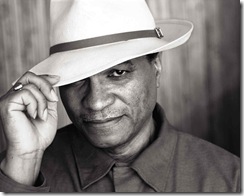
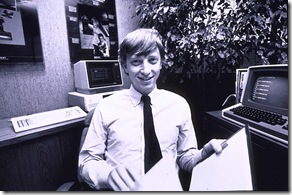

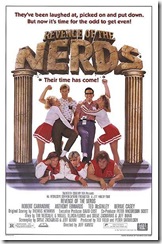
best post